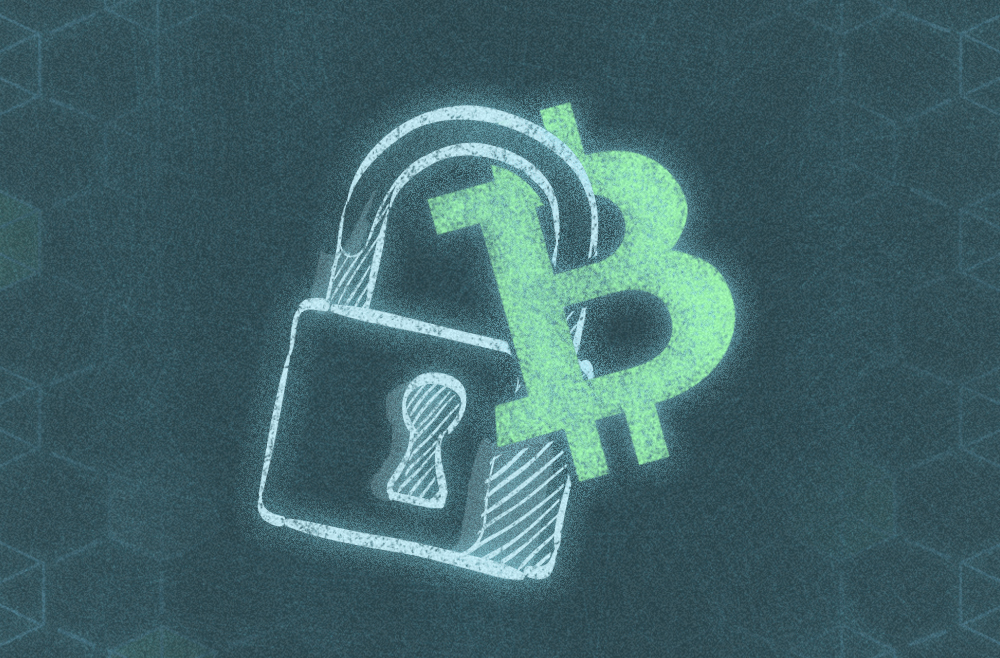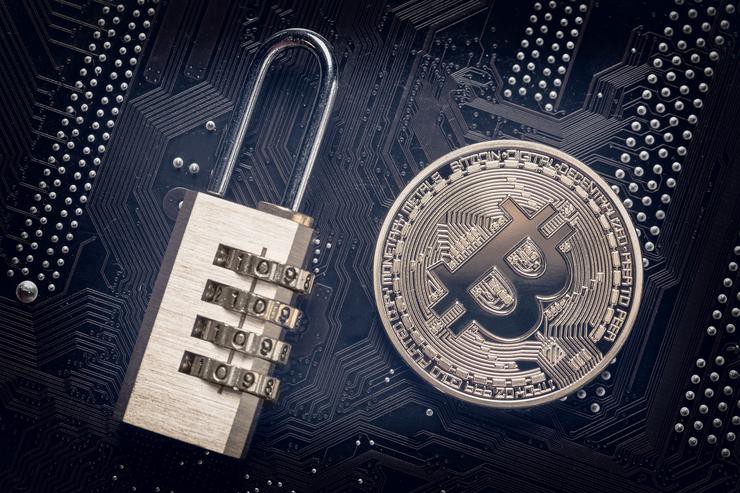In what appears to be a debatable piece of comment, a suggestion has been made about crypto at the World Economic Forum. With concerns and worries skyrocketing around how safe the internet is, a discussion on safeguarding the future of the internet was held.
One of the speakers, UN executive director of drugs and crime Ghada Whaly, shared her opinion about crypto. She stated that to make the internet a safer place, controlling crypto can play a partial role.
She added to her conversation that the primary focus should be on controlling the loopholes through which illegal activities take place using crypto. However, does adding this “leash” on crypto actually make the internet a safer place? Let’s look into it.
Crime is increasing in tandem with adoption
One cannot unsee the rise in the number of crypto scams, hacks, and exploits that are rising day by day in the crypto realm. There has been a whopping loss of over $1 billion since 2021 when people have reportedly fallen for crypto scams.
This is just an estimated reported figure by CNBC and the numbers could be much higher in reality. Raising awareness about the increasing number of scams and other online crimes can minimize the risks greatly.
The recent US government sanctions on crypto mixer Tornado Cash raised alarm bells in the cryptocurrency industry. Many speculated that this development would result in additional government restrictions, rendering the privacy feature of Web3 “meaningless,” and further tightening their leash on crypto use.


Crypto control can mark the end of privacy
The whole idea of cryptocurrencies revolves around their decentralized nature and anonymity. The revolution of web3 also emerged from a necessity to put an end to the stringent leash of web2 platforms. These include Google, Facebook, Twitter, and others.
As a cult of non-believers stands against crypto, another cult believes that decentralization is the next big thing. Privacy comes as an important aspect in the road to decentralization and safeguarding user information. This came as a necessity as web2 companies sell user information to advertising companies for the pure purpose of profit-making.
With Tornado Cash branded as an illegal platform for hackers to disappear, other web3 privacy-focused platforms fear that they are next.


Should There be a Leash on Crypto?
This particular question will bring in different answers from people of different realms. While people who purely believe in crypto and its underlying technology say no to it, non-believers will wave the green flag.
As the risks involved with online activities increase, nations are planning to introduce a unified guideline for crypto. But this is something that has been in the making for years by different countries. Correspondingly, only a few of them have taken educative and well-thought-out decisions.


The invention of crypto has built dreams for many of a world free from monopoly, providing equal power distribution, privacy, and decentralization. One cannot overlook the use of cryptocurrency for illegal activities because it provides a means for criminals to remain anonymous.
Other than stringent measures and control, what the crypto realm would expect are better regulations that can minimize the illegal use of crypto. Spreading awareness can be a primary way to minimize some of the illegal internet activities that will lure people to stay away from them.
What we need is a well-thought-out measure to minimize the use of crypto for illegal activities. That is something that the global nations can work on, instead of halting the industry by adding a tight leash.





